australia is Turning Up the Heat on Environmental Activists
In a rapidly changing world where climate concerns have reached a boiling point, australia finds itself at a contentious intersection of environmental activism and governmental response. As the effects of climate change become increasingly visible—from devastating bushfires too record-breaking heatwaves—the activities of environmental activists have gained both prominence and scrutiny. Recent legislative measures and police actions against these activists signal a tightening grip on public dissent that calls into question the balance between national security and the right to protest.This article delves into the evolving landscape of environmental activism in Australia, exploring the challenges faced by activists, the responses from authorities, and the implications for free speech and civil liberties in a nation grappling with its environmental responsibilities. As the government ramps up its efforts to combat what it deems disruptive behavior, the discourse surrounding the legitimacy and safety of environmental protests is more critical than ever.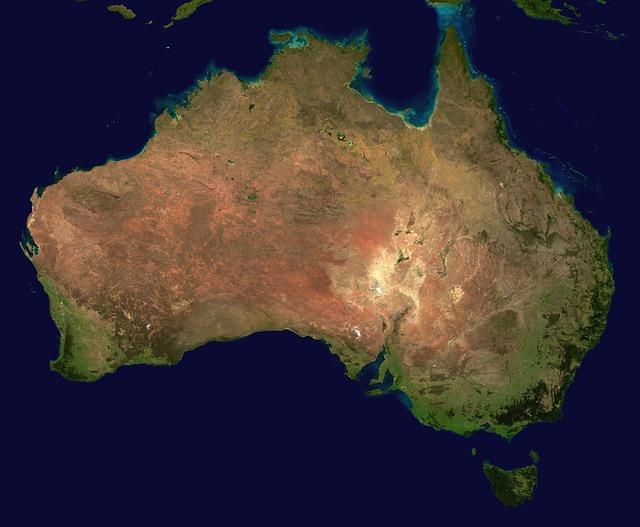
Australia’s struggle for environmental Justice amidst Increasing Repression
In recent years, the battle for environmental justice in australia has intensified, marked by increasing governmental repression against those advocating for sustainable practices. Activists have taken to the streets to voice their concerns over issues such as climate change, land rights, and biodiversity loss, but are now facing a barrage of legal challenges and legislative hurdles. The government’s response has been to implement strict laws aimed at curtailing protests and penalizing dissent, particularly targeting campaigns that disrupt economic activities or challenge the status quo. This environment creates a chilling effect among activists and grassroots organizations who feel their voices are being systematically silenced.
the pushback against environmental activism is a troubling indicator of a broader trend towards repression. Some of the most concerning measures include:
- Increased fines and penalties for protests on public lands.
- Surveillance of activist groups by law enforcement agencies.
- Legislation that restricts the ability of community members to oppose large-scale industrial projects.
As activism becomes increasingly risky, many are questioning the balance between national interests and individual rights—a balance that appears to be tipping perilously in favor of economic gain over ecological sustainability. The ramifications are profound, not only for activists but for the environment and future generations reliant on advocacy for change.
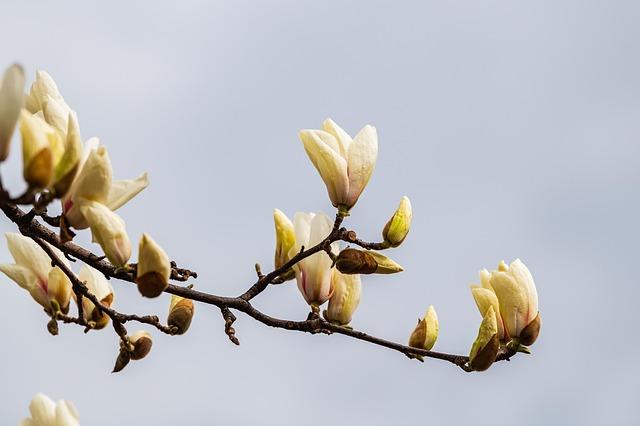
the Rise of Legal Barriers Against Environmental Activism in Australia
The current landscape for environmental activism in Australia is increasingly fraught with legal challenges that threaten to stifle dissent and limit democratic engagement. In recent years, various state governments have enacted legislation aimed at curtailing public demonstrations, particularly those targeting mining and fossil fuel projects. In particular, laws have emerged that impose hefty fines and criminal penalties on protest activities, frequently enough labeling peaceful demonstrations as “illegal” under new provisions. These legal tools serve not only to penalize individual activists but also to send a chilling message to wider communities concerned about environmental issues.
Among the numerous tactics employed, several key strategies stand out:
- Restrictive anti-protest laws: legislation has been introduced that increases penalties for trespassing or obstructing buisness operations, effectively labeling protests as criminal activities.
- Legal intimidation: Many activists face lawsuits and othre forms of legal harassment that can drain resources and deter participation.
- Increased police presence: The state has responded to activism with a heightened police presence at protests, often resulting in violent confrontations and arrests.
| Recent Legal Changes | State/Region | Impact on Activism |
|---|---|---|
| Anti-Protest Legislation | New South Wales | Increased fines and penalties for protesters |
| Public Order Laws | Victoria | Criminalization of obstructive behavior |
| Injunctions Against Protests | Queensland | Legal barriers for protests in sensitive areas |
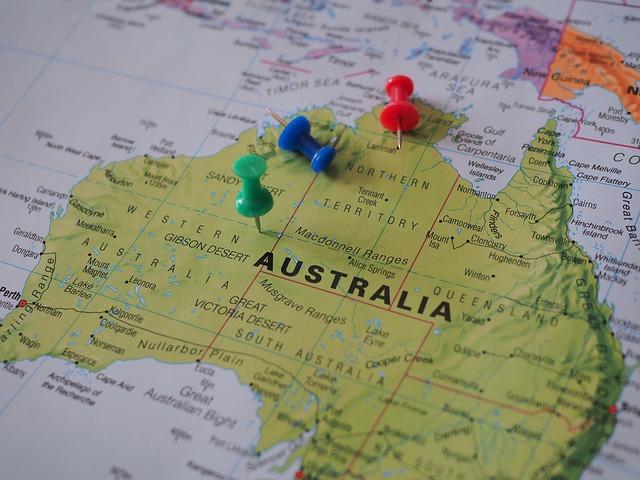
Government Crackdowns: Impacts on Freedom of Expression
The recent escalation of government measures against environmental activism in Australia has raised significant concerns regarding the erosion of civil liberties. Activists advocating for climate action now find themselves in an increasingly precarious position, navigating a landscape where their freedom of expression is stifled by stringent legislation. These measures, often justified under the guise of public safety and order, are seen as a direct affront to basic democratic principles. The chilling effect of such crackdowns not only affects the activists themselves but also sends a broader message to society, instilling fear and discouraging open discourse on critical environmental issues.
The ramifications extend beyond individual cases, impacting the wider community engaged in environmental advocacy. The following points illustrate the broader concerns stemming from these government actions:
- Silencing Dissent: With fears of legal repercussions, many activists may retreat from public protests or vocal opposition.
- Media Suppression: Journalists covering environmental issues face increased pressure and intimidation.
- Reduced Public Awareness: The crackdown jeopardizes important discussions around climate change, limiting public engagement.
| Government Actions | Potential Consequences |
|---|---|
| Increased Penalties for Protests | Less public participation in peaceful demonstrations |
| Surveillance of Activist Groups | Chilling effects on group activities and collaborations |
| Restrictive Legislation Targeting Advocacy | Overall diminishment of civic engagement on environmental matters |

Voices From the Frontlines: Activists Share Their Experiences
As environmental challenges escalate worldwide, activist voices in Australia are becoming more audible yet increasingly targeted. A growing number of activists report facing governmental pushback, resulting in an atmosphere laden with fear and tension. Sara McLean, a leading activist from the grassroots institution Green Future, emphasizes the shifting narrative around environmentalism: “We’re not criminals; we’re custodians of the Earth. Yet, we are vilified and pursued like outlaws.” The pressures have led to a notable rise in self-censorship among those who feel the weight of repercussions for their actions.
this intensifying environment has ignited a coalition of activists determined to reclaim their narrative. In a recent town hall meeting, participants shared harrowing stories that illustrate both their resolve and the risks they encounter.Key points from their testimonies include:
- Increased Surveillance: Many reported feeling watched and monitored during protests.
- Legal Threats: Some activists faced charges for trespassing or property damage, even when their actions were peaceful.
- Community Isolation: activists expressed feelings of abandonment as their communities turn against them.
To better visualize the impact of recent legislative changes on activist activities, the table below highlights the contrast between previous protections and current challenges:
| Previous Protections | Current Challenges |
|---|---|
| Freedom of speech and assembly | Increased fines for protest activities |
| Minimal police presence at events | Heavy police intervention during protests |
| Support from local communities | Public divestment and condemnation |
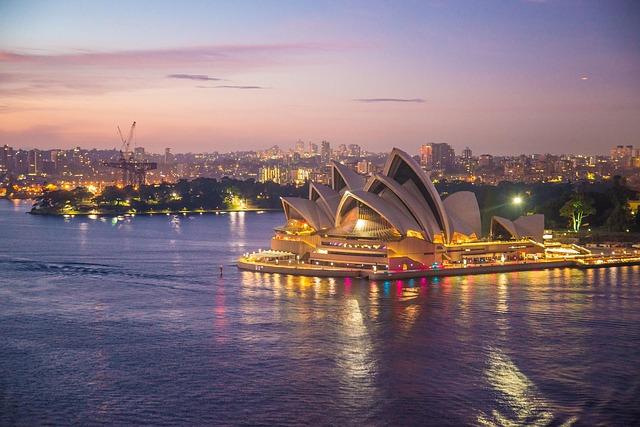
International Reactions to Australia’s Approach to Environmental dissent
As Australia intensifies its crackdown on environmental activists, international observers are echoing concern over the implications for civil liberties and the global environmental movement. many foreign governments, NGOs, and environmental organizations have voiced their disapproval, citing Australia’s approach as a potential precedent that could undermine democratic freedoms. Notably, European Union officials have raised alarms about the balance between maintaining public order and allowing peaceful protests, emphasizing that dissent is crucial in a vibrant democracy.The United Nations has also stepped in, reminding member states of their obligations to uphold human rights, which include the right to protest.
The global community has responded in various ways, leading to a nuanced dialog regarding the protection of environmental activism. A myriad of responses include:
- Calls for Comprehensive Reviews: Several international watchdogs are advocating for reviews of Australia’s political and legal frameworks regarding protest rights.
- Solidarity Protests: Activists worldwide have organized solidarity events, amplifying the message that environmental advocacy should not be met with repression.
- Pressuring Multilateral Agreements: Environmental groups are leveraging multilateral forums to press Australia to adhere to international human rights standards in dealing with dissent.
| Country/Organization | Reaction |
|---|---|
| European Union | Expressed concern over civil liberties |
| United Nations | Reiterated the importance of the right to protest |
| Greenpeace | Organized global solidarity campaigns |
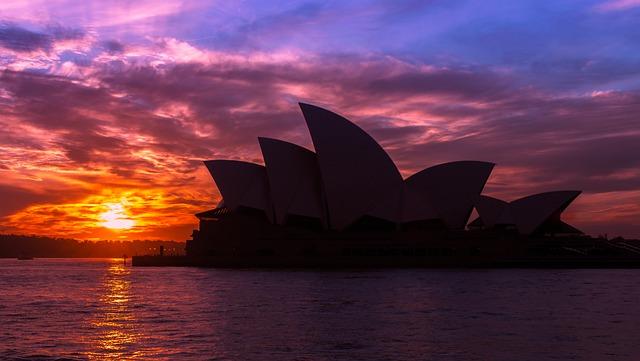
Recommendations for Protecting Environmental Activists’ Rights in australia
To ensure that the rights of environmental activists are protected in Australia,a multi-faceted approach is necessary.First and foremost, strengthening legal frameworks that safeguard freedom of expression and assembly is imperative. This includes:
- Implementing robust anti-retaliation laws that prevent harassment and intimidation of activists.
- Establishing clear guidelines that differentiate between lawful protest activities and illegal actions.
- Enhancing training for law enforcement on the importance of upholding the rights of peaceful protesters.
Moreover, fostering a supportive community for environmental activists can make a significant difference. Initiatives should focus on:
- creating networks for activists to share resources and strategies for legal support and advocacy.
- Encouraging collaboration between government agencies and non-governmental organizations to promote dialogue.
- Establishing educational campaigns that highlight the importance of environmental activism and its role in a democratic society.

The Way Forward
Australia’s increasing crackdown on environmental activism represents a significant shift in the nation’s approach to public dissent and civic engagement. As the government implements stricter laws and penalties targeting activists, the balance between protecting environmental interests and upholding the freedoms of expression and assembly hangs in a precarious equilibrium. This trend raises essential questions about the role of activism in shaping public policy and the extent to which authorities may go to stifle dissent. As the climate crisis escalates, the outcome of this struggle will not only impact the future of environmental advocacy in Australia but also serve as a bellwether for similar movements worldwide. Continued monitoring and dialogue around these issues are crucial for safeguarding the democratic principles that underpin free speech and public advocacy, ensuring that the voices calling for urgent environmental action are not silenced.














Inside Scoop: Team-by-Team Highlights from LIV Golf Mexico City